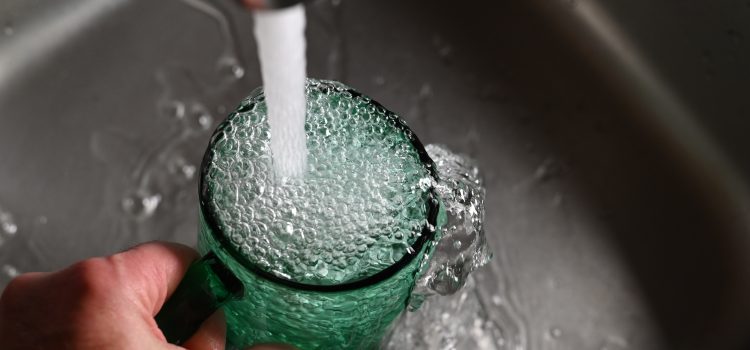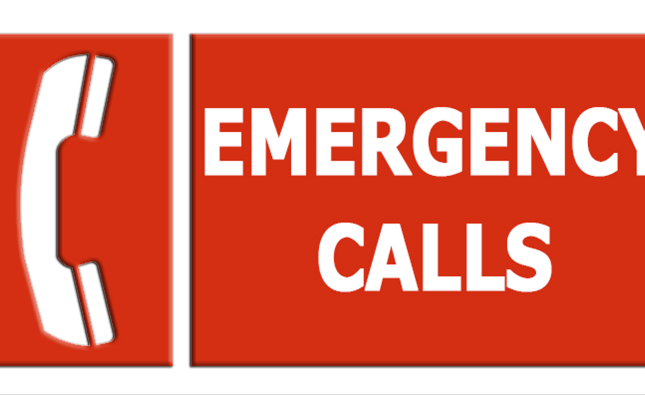
Water is essential for our survival, but the debate between tap and bottled water safety has been ongoing for years. Some believe that bottled water is safer due to its packaging and filtration process, while others argue that tap water is just as safe and more environmentally friendly. With so much information out there, it’s easy to get confused about what type of water we should be drinking. In this blog post, we’ll debunk some common myths about drinking water safety and help you make an informed decision on whether to choose tap or bottled water. So grab a glass of H2O and let’s dive in!
The Dangers of Bottled Water
Bottled water has become a popular choice for many people due to its convenience and perceived safety. However, there are some dangers associated with drinking bottled water that you should be aware of.
Firstly, the production of bottled water requires a significant amount of resources and energy. From manufacturing the plastic bottles to transporting them across the globe, it contributes to environmental pollution and carbon emissions.
Secondly, recent studies have found that microplastics – tiny particles of plastic – can leach into bottled water over time. These microplastics are harmful to our health as they can disrupt hormones and cause other health problems.
The quality control for bottled water is often not as rigorous as tap water standards. The FDA regulates bottled water but does not require testing for certain contaminants like lead or E.coli.
While bottled water may seem like a safer option than tap at first glance, it’s important to consider the environmental impact and potential risks before making your decision.
The Benefits of Tap Water
Tap water often gets a bad reputation, but it’s actually a great option for drinking water. Not only is tap water cheaper than bottled water, but it also has several benefits that make it the better choice.
Firstly, tap water is regulated by the government and must meet strict safety standards before being distributed to homes. This means that tap water is regularly tested for contaminants such as bacteria and chemicals to ensure its safety for consumption.
Secondly, drinking tap water can be more environmentally friendly than buying bottled water. Bottled water requires large amounts of resources to produce and transport, leading to increased carbon emissions and waste production.
In addition, many cities have implemented programs to improve their tap water quality by adding fluoride which helps prevent tooth decay. Fluoride occurs naturally in some groundwater sources; however not all communities have access to these natural sources of fluoride so adding fluoride in public supplies provide an equitable way of ensuring everyone has access to this important mineral.
Using a reusable bottle or glass at home cuts down on plastic waste while saving money on costly single-use bottles over time.
Choosing tap over bottled can benefit both your health and the planet!
The Truth About Fluoride
Fluoride has always been a controversial topic when it comes to drinking water. Some people believe that fluoride is essential for good dental health, while others argue that consuming too much fluoride can be harmful. So what’s the truth about fluoride?
First off, let’s address the benefits of fluoride. It has been proven to prevent tooth decay and improve overall dental health. In fact, many dentists recommend using fluoridated toothpaste and getting regular fluoride treatments. However, the amount of fluoride in tap water is typically very low (around 0.7 parts per million), so you’d have to drink an excessive amount of water to experience any negative effects.
On the other side of things, some studies suggest that high levels of fluoride consumption can lead to skeletal fluorosis – a condition that causes brittle bones and joint pain. But before you start panicking, it’s important to note that this condition mostly affects people who live in areas with naturally occurring high levels of fluoride in their water supply.
So what does all this mean for your drinking water? The truth is that most tap water supplies contain safe levels of fluoride for human consumption. If you’re concerned about the level of fluoridation in your area or want extra protection against contaminants in general, investing in a quality home filtration system may be worth considering.
At the end of the day, it’s up to each individual person to decide whether they feel comfortable consuming tap or bottled water with or without added Fluoride – but know there isn’t evidence suggesting Fluoride at recommended doses are harmful!
How to Filter Your Water
When it comes to filtering your water, there are many options available. The type of filter you choose will depend on what contaminants you want to remove from your water and how much you’re willing to spend.
One popular option is a pitcher filter. These filters use activated carbon to remove impurities such as chlorine, sediment, and odors from tap water. They’re relatively inexpensive and easy to use, but they need to be replaced frequently.
Another option is a faucet-mounted filter. These attach directly onto your faucet and can remove a wider range of contaminants than pitcher filters, including lead and bacteria. However, they tend to be more expensive upfront and require some plumbing skills for installation.
For those who want the most comprehensive filtration system possible, whole-house filters are the way to go. These systems treat all the water in your home at once by removing everything from sediment and chlorine to heavy metals and pesticides. However, they come with a hefty price tag.
No matter which type of filter you choose, make sure it’s certified by an independent organization like NSF International or the Water Quality Association (WQA). This ensures that it has been tested thoroughly for effectiveness against specific contaminants.
Conclusion
It is important to understand the myths and facts surrounding tap water versus bottled water. While bottled water may seem like a convenient and safe option, it comes with many negative environmental impacts and potential health hazards. On the other hand, tap water is heavily regulated by government agencies to ensure safety for consumption.
By understanding the benefits of tap water and how to properly filter it if necessary, individuals can make informed decisions about their drinking water choices. So next time you reach for that bottle of water at the store, consider filling up a reusable bottle with fresh tap water instead – your wallet and the environment will thank you!










